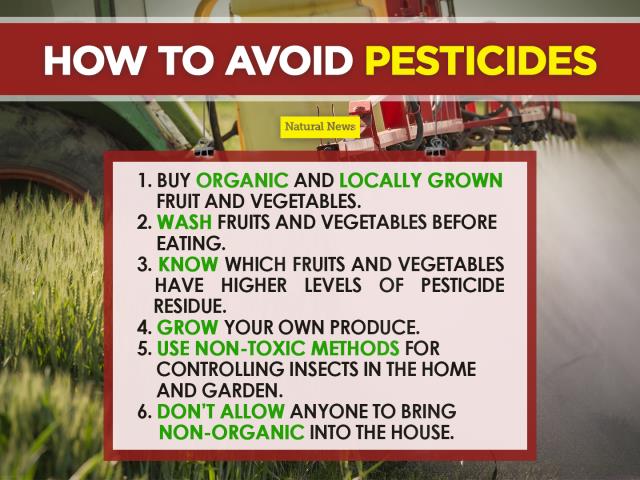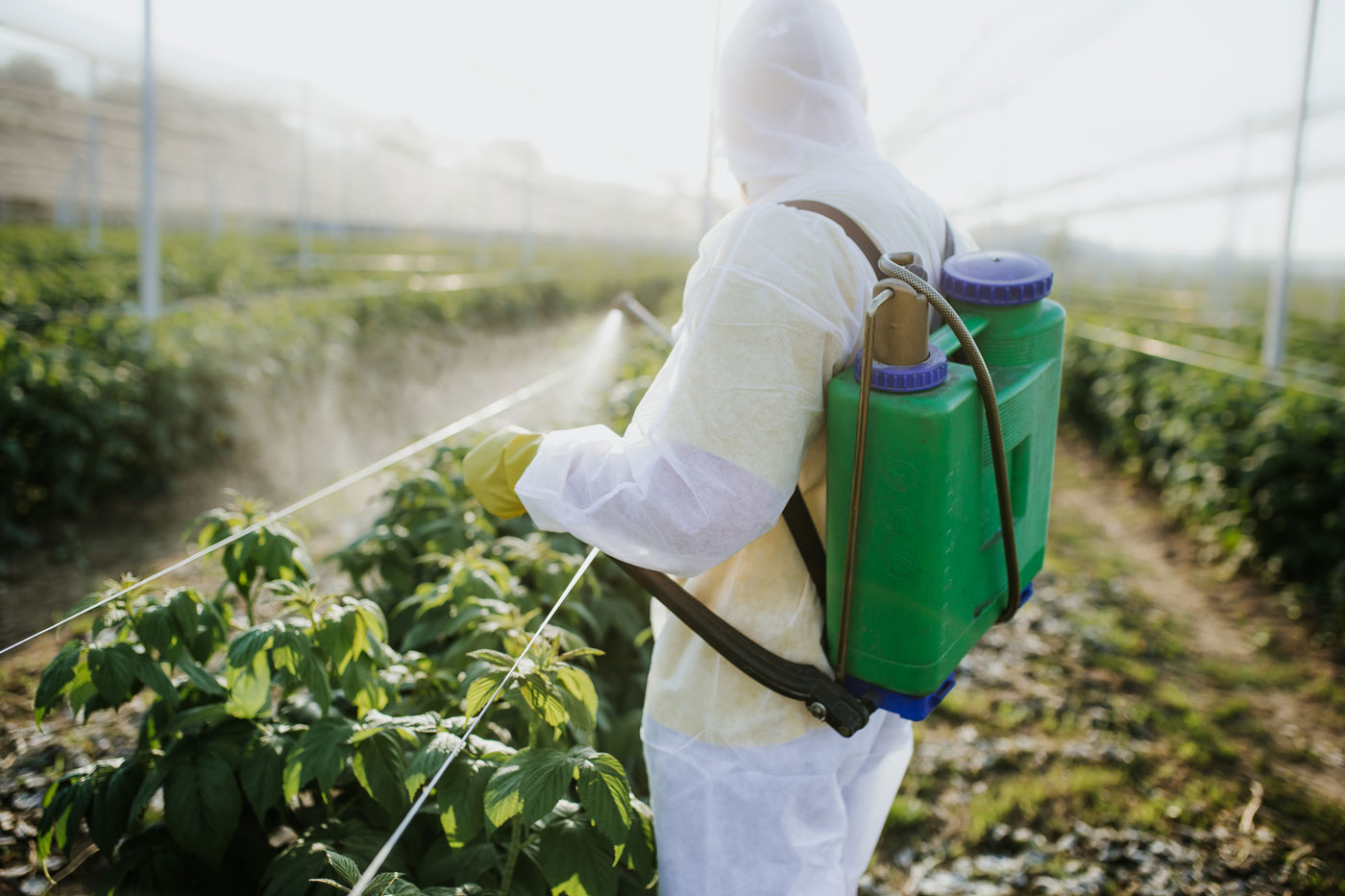Amazing Info About How To Avoid Pesticides

More than 95% of a pesticide application does not reach its actual target, but ends up in our waterways, killing other organisms and harming ourselves.
How to avoid pesticides. Regardless of how consumers go about it, reducing the amount of conventionally grown fruits and veggies on the dirty dozen list and filtering household water will help consumers avoid. Growing your own food helps you cut back majorly on harsh. So buying organic food is the best way to make sure your food is free of pesticides and other harsh chemicals.
Do not apply pesticides right before a heavy rain or in. What can you do to minimize pesticide exposure? Most experts view organic lawn care.
Buy organic and locally grown fruit and vegetables. By definition, certified organic food must be produced without the use of toxic persistent pesticides, artificial growth hormones, antibiotics and gmos. They can buy fresh and processed organic foods, and they can support stores and growers that offer organic.
Minimize environmental impacts from pesticide use. How else can people avoid pesticides? Inspect pesticide containers regularly for leaks and corrosion.
The ewg also lists the fruits and vegetables that have the least amount of pesticide residues—if you want to save money, you could purchase nonorganic versions of these: You might be wondering if there’s an easier way to avoid these pesticides. Keep all harmful chemicals locked up.
Both organic lawn care and natural lawn care prioritize cultural controls like aerating and mowing high, which help strengthen the grass and fortify its innate ability to fend off weeds and pests. Use a child lock for small children, and try to keep poisonous. There are many guides online that will have you make a solution with.
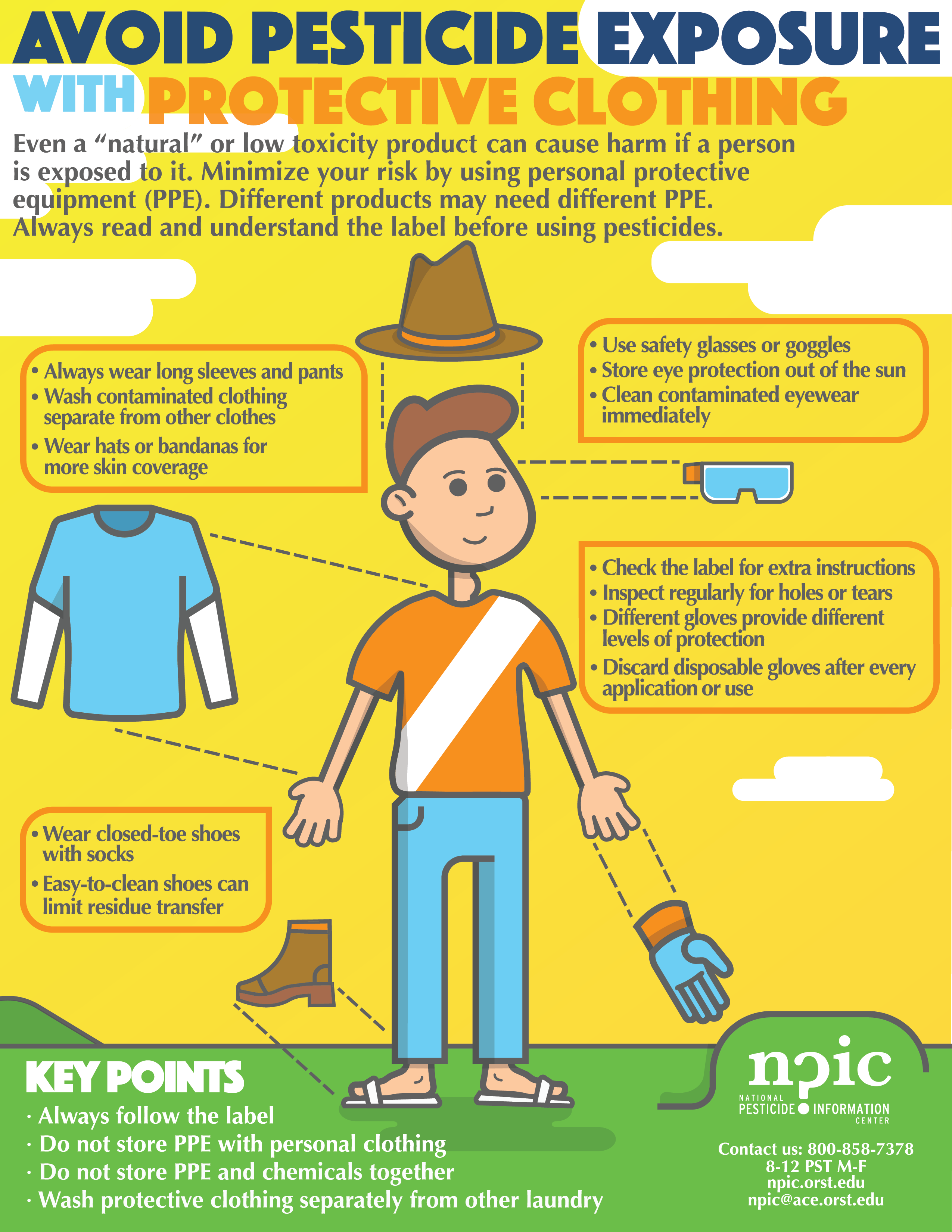

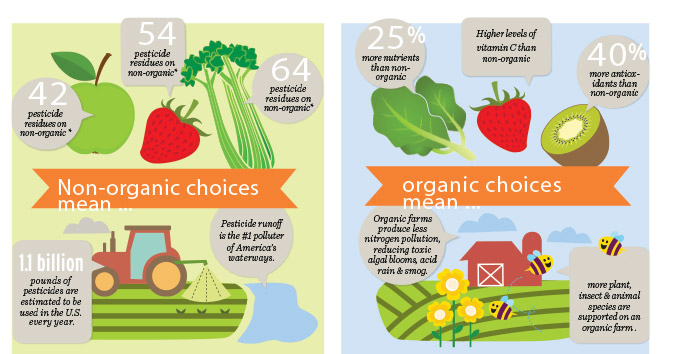
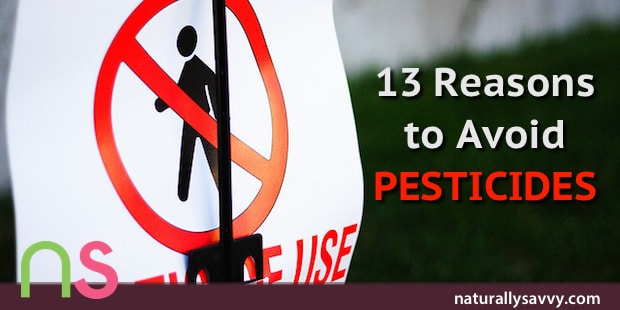

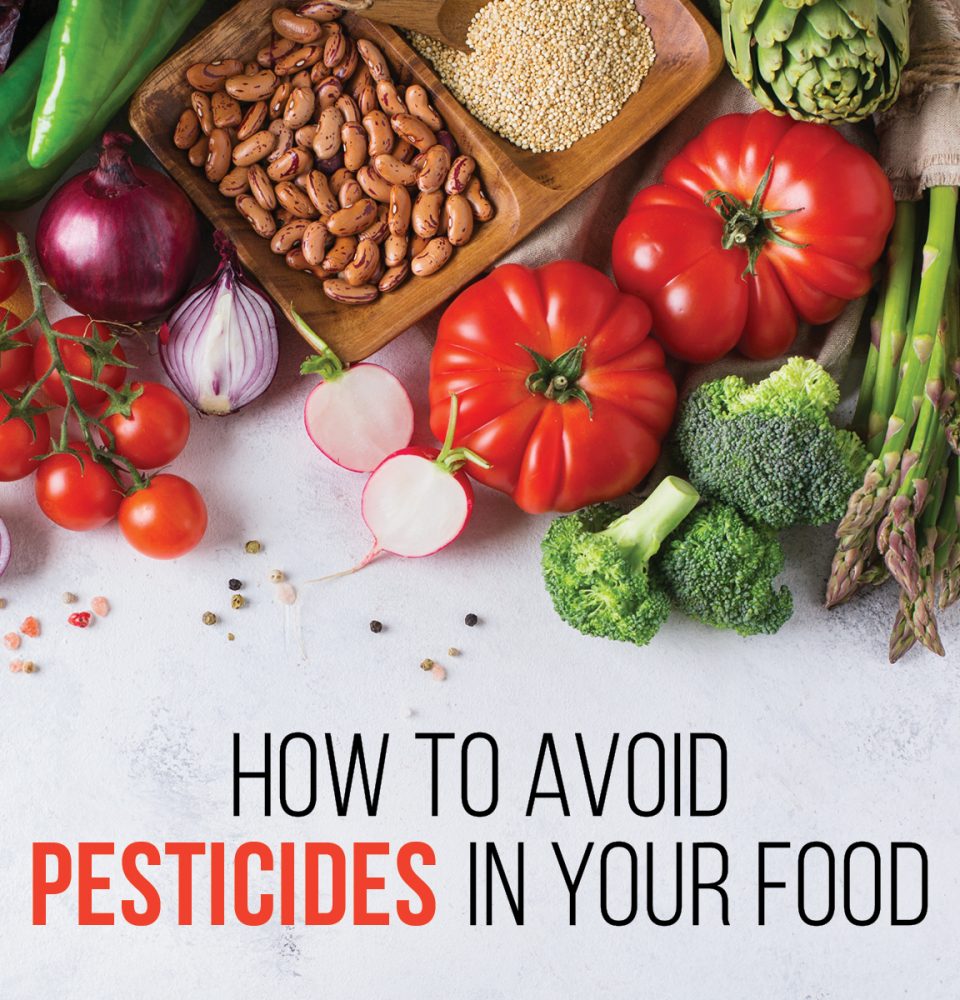

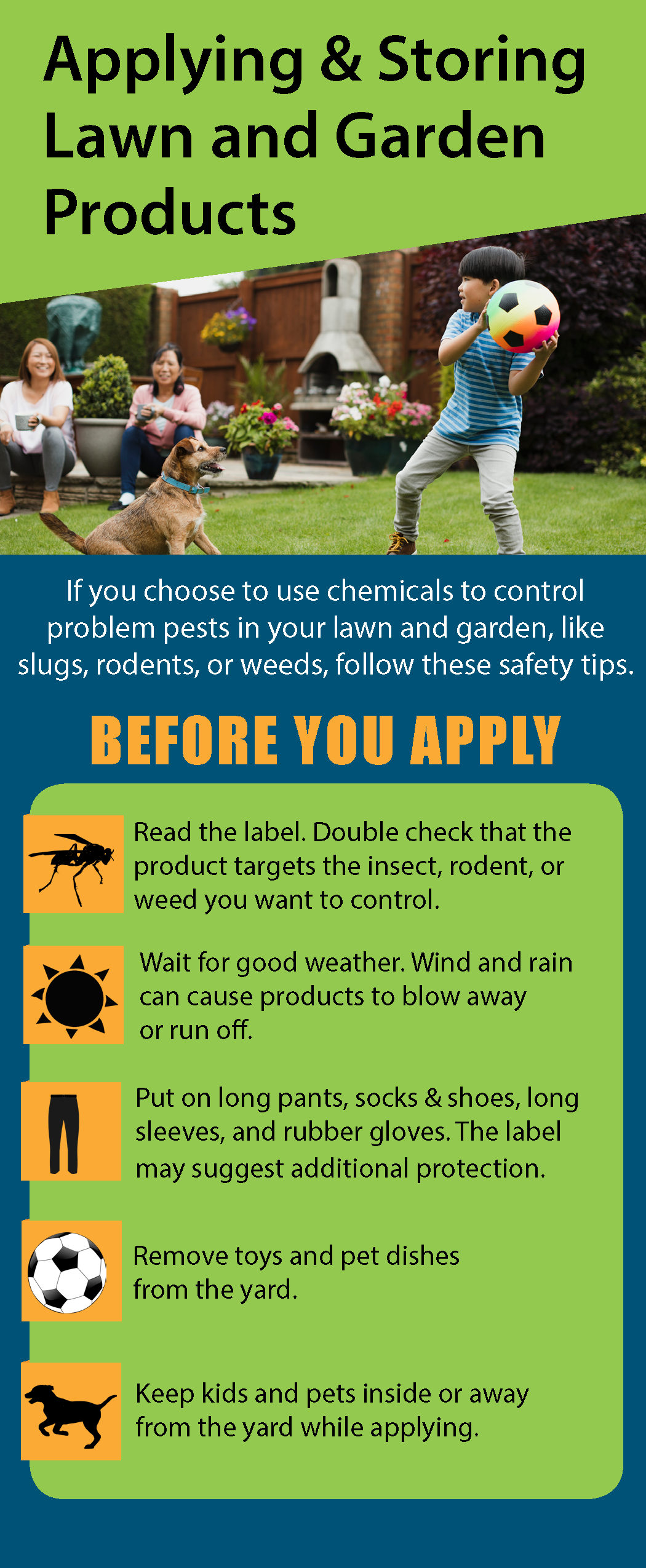
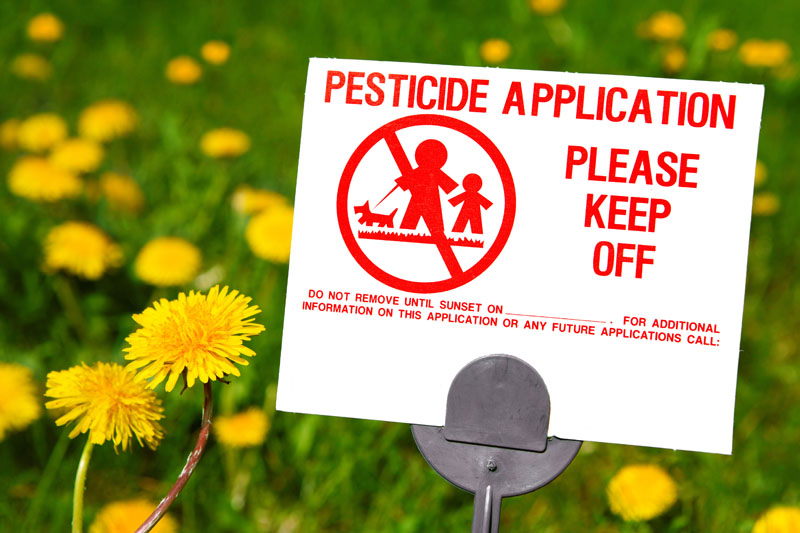
![Infographic] How To Avoid Pesticides On Your Produce | Naturally Savvy](https://naturallysavvy.com/wp-content/uploads/2018/11/How-to-Avoid-Pesticides-on-your-Produce.jpg)


